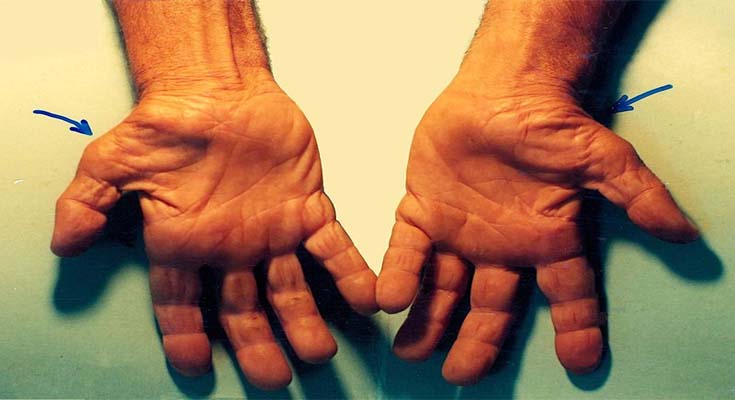Carpal Tunnel Syndrome Surgery
A Carpal tunnel is a narrow passageway that is surrounded by bones and ligaments on the palm side of the hand. Carpal tunnel syndrome is caused when the median nerve gets compressed which puts pressure on the median nerve.
Carpal Tunnel Syndrome Symptoms:
- Burning, tingling, or itching numbness in palm and thumb or your index and middle fingers
- Weakness in hand
- Trouble in holding things
- Shock-like feelings that move into fingers
Carpal Tunnel Syndrome Causes:
Carpal tunnel syndrome may happen due to:
- It can occur when you repetitively do things when your hands are lower than your wrist like typing.
- Conditions like hyperthyroidism, obesity, rheumatoid arthritis, and diabetes
- Pregnancy
Carpal Tunnel Syndrome Treatment:
In the early stage it can be treated by simple treatment methods like:
- Give rest to hands frequently.
- Avoid activities that make symptoms worse.
- Apply cold packs to reduce swelling.
But if the symptoms do not go away by the above treatment methods, it is important to see a doctor. Following treatment methods are used to reduce the symptoms:
1. Nonsurgical therapy
Nonsurgical methods are proven beneficial in the early stages of carpal tunnel syndrome. Following are some nonsurgical therapies used for carpal tunnel syndrome treatment:
- Wrist splinting: A splint that can hold your wrist can be used to reduce tingling and numbness at nighttime. Even though you only wear the splint at night, it can also help prevent daytime symptoms.
- Nonsteroidal anti-inflammatory drugs (NSAIDs): NSAIDs, such as ibuprofen (Advil, Motrin IB, others), may help relieve pain from carpal tunnel syndrome in the short term.
- Corticosteroids: Corticosteroids are injected into the carpal tunnel to relieve pain. Sometimes pain specialists use an ultrasound to guide these injections. It reduces inflammation and swelling, which relieves pressure on the median nerve. Oral corticosteroids are also available but aren’t as effective as corticosteroid injections for treating carpal tunnel syndrome.
2. Carpal Tunnel Surgery
Surgery for carpal tunnel is recommended when symptoms are severe and or don’t respond to other treatments. During surgery ligament pressing on the median nerve is cut to relieve pressure.
There are two ways to perform carpal tunnel surgery :
Endoscopic surgery: In this surgery, an endoscope is used to see inside your carpal tunnel. Then surgeon cuts the ligament through one or two small incisions in your hand or wrist. This surgery causes lesser pain as compared to open surgery.
Open surgery: The surgeon makes an incision in the palm of your hand over the carpal tunnel and cuts ligament to free the nerve.
Open surgery risks include:
- Incomplete release of the ligament
- Wound infections
- Scar formation
- Injuries to the nerves or blood vessels
The ligament tissues gradually grow back together while allowing more room for the nerve during the healing process. It takes several months. Once the ligament gets healed, your doctor allows you to move your hand. Initially avoid forceful hand motions or extreme wrist positions.



